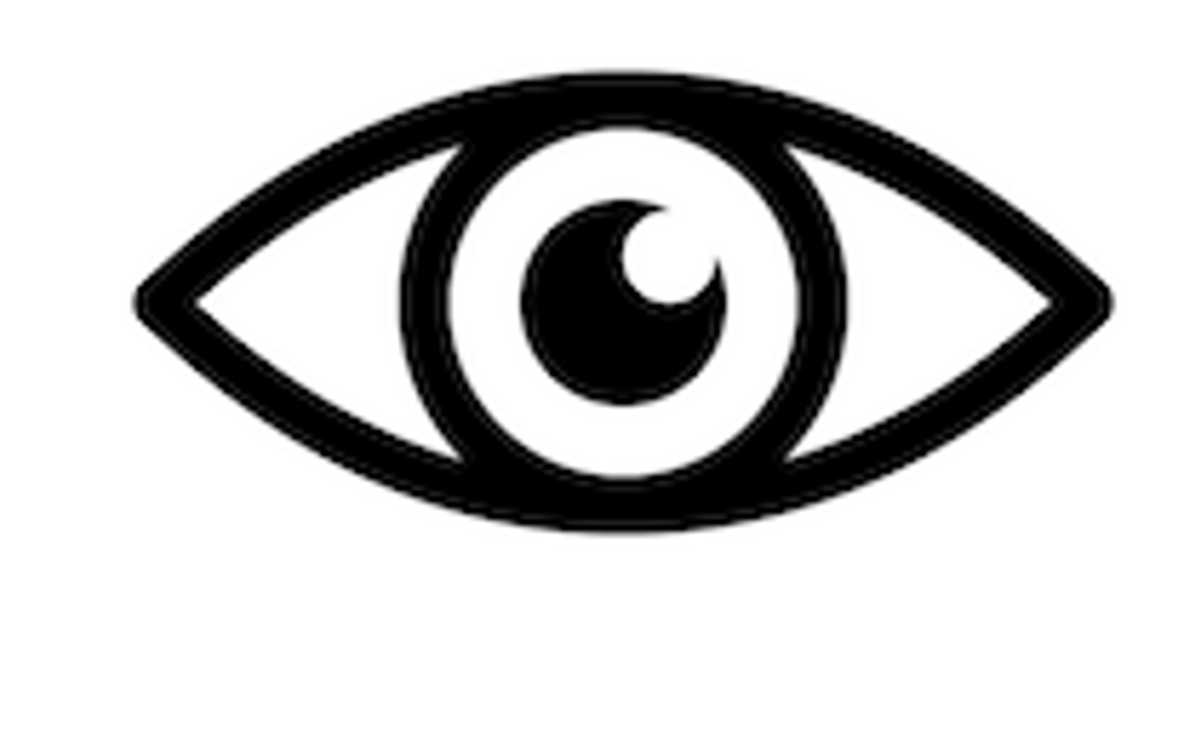There’s something in my eye!
- Safety Flash
- Published on 27 July 2018
- Generated on 13 February 2026
- IMCA SF 16/18
- 1 minute read
Jump to:
After shift, a member of the crew took a shower and felt that there was something in his eye.

What happened?
The next day he asked for help to remove it, but without success. He had to leave the vessel at the next port to have the debris removed.
What went wrong?
During the early part of the previous shift, this person had worked on deck wearing proper PPE and later in the shift, was working on the bridge. During the day, the debris had settled in his hair and washed into his eyes during the shower.
What lessons were learned?
There was a lack of awareness of this mechanism of transmission of debris into the eyes.
Be aware that debris can be still present after removal of all PPE, and of the risk of debris being transferred into the eyes from PPE or from the hair at a later time or when showering.
Related Safety Flashes
-
IMCA SF 26/17
20 October 2017
-
-
IMCA SF 08/17
12 April 2017
-
IMCA Safety Flashes summarise key safety matters and incidents, allowing lessons to be more easily learnt for the benefit of the entire offshore industry.
The effectiveness of the IMCA Safety Flash system depends on the industry sharing information and so avoiding repeat incidents. Incidents are classified according to IOGP's Life Saving Rules.
All information is anonymised or sanitised, as appropriate, and warnings for graphic content included where possible.
IMCA makes every effort to ensure both the accuracy and reliability of the information shared, but is not be liable for any guidance and/or recommendation and/or statement herein contained.
The information contained in this document does not fulfil or replace any individual's or Member's legal, regulatory or other duties or obligations in respect of their operations. Individuals and Members remain solely responsible for the safe, lawful and proper conduct of their operations.
Share your safety incidents with IMCA online. Sign-up to receive Safety Flashes straight to your email.